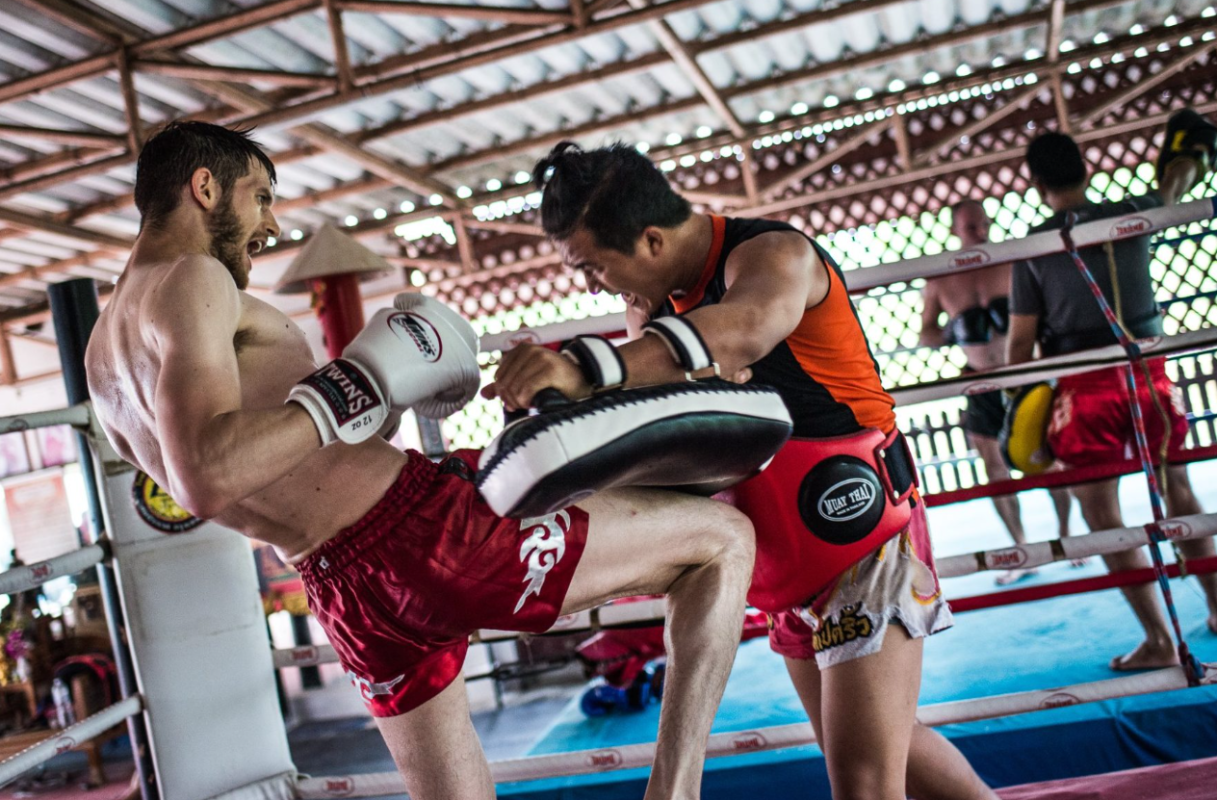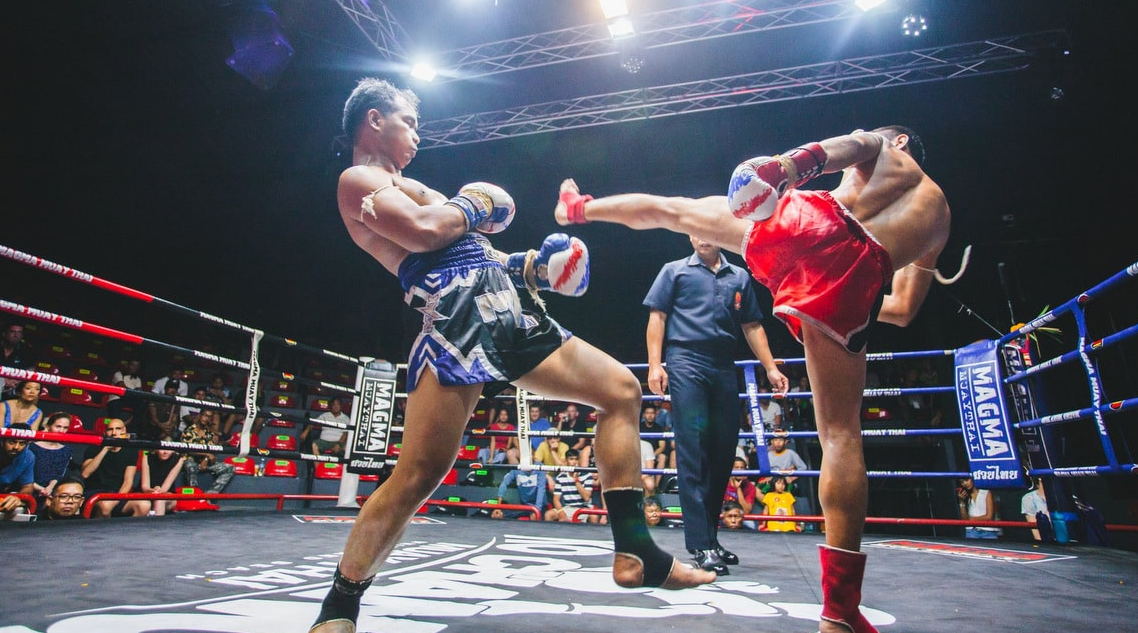Muay Thai Knowledge
Muay Thai Kickboxing Competitions: What to Expect and How to Prepare
Introduction
Muay Thai kickboxing competitions are an exhilarating blend of skill, strength, and strategy. Whether you’re a seasoned fighter or new to the sport, understanding what to expect and how to prepare is crucial for success. This comprehensive guide will walk you through every aspect of Muay Thai kickboxing competitions, from training regimes to mental preparedness, ensuring you step into the ring with confidence.
Understanding Muay Thai Kickboxing Competitions
The Essence of Muay Thai Kickboxing Muay Thai, often referred to as the “Art of Eight Limbs,” involves striking using fists, elbows, knees, and shins. It is a combat sport that requires not just physical prowess but also tactical acumen.
Types of Competitions Muay Thai competitions range from amateur bouts to professional matches, with each level offering different rules and regulations. Understanding the type of competition you’re entering is vital for appropriate preparation.
The Rules and Scoring System Knowing the rules and how matches are scored can give you an edge. Points are awarded for effective strikes, defense, and ring control. Familiarize yourself with these criteria to align your strategy accordingly.
Preparing for a Muay Thai Kickboxing Competition
Physical Training Regimen
- Cardio Conditioning: Stamina is crucial. Incorporate running, cycling, and interval training into your routine.
- Strength Training: Focus on core strength, as well as muscle groups used in striking and defense.
- Skill Development: Regular practice of punches, kicks, elbows, and knees is essential. Sparring sessions help simulate real competition scenarios.
Technical Skills and Drills
- Pad Work: Enhances striking precision and power.
- Bag Work: Builds endurance and allows practice of combinations.
- Sparring: Provides a realistic setting to apply techniques under pressure.
Diet and Nutrition A balanced diet rich in protein, healthy fats, and carbohydrates supports rigorous training. Hydration is equally important, as it affects performance and recovery.
Mental Preparation
Developing a Fighter’s Mindset Mental toughness is as critical as physical strength. Techniques such as visualization, meditation, and breathing exercises can enhance focus and composure.
Stress Management Learning to manage stress through relaxation techniques ensures you remain calm and collected before and during the match.
Strategic Planning
Analyzing Opponents Studying your opponent’s fighting style can help you tailor your strategy. Pay attention to their strengths and weaknesses to exploit during the match.
Creating a Game Plan Having a flexible game plan allows you to adapt to the flow of the match. Consider different scenarios and how you might respond to them.
Day of the Competition
Pre-Match Routine Establish a routine that includes a light warm-up, mental relaxation, and hydration. This helps set the tone for your performance.
In-Ring Tactics Stay focused, follow your game plan, and adapt as needed. Listen to your corner for strategic advice during the match.
Post-Competition Recovery
Physical Recovery Engage in light exercise, stretching, and adequate rest to help your body recover. Proper nutrition and hydration are key components of recovery.
Mental Reflection Reflect on your performance, identifying strengths and areas for improvement. Use this as a learning experience to enhance future training.

Conclusion
Muay Thai kickboxing competitions are intense, requiring comprehensive preparation and a strategic approach. By understanding the rules, maintaining rigorous training, and fostering a strong mental attitude, you can optimize your performance and enjoy the thrill of competing. Whether you win or lose, each competition is an opportunity to grow and evolve as a fighter.
FAQs
How often should I train for a Muay Thai competition? Training frequency varies, but most fighters train 5-6 days a week, with multiple sessions per day closer to competition.
What is the importance of sparring in Muay Thai preparation? Sparring simulates real fight conditions, helping fighters apply techniques and strategies under pressure, improving timing and reflexes.
How do I manage weight cutting before a competition? Weight cutting should be done carefully under professional guidance, combining a proper diet with gradual dehydration techniques to avoid health risks.
What should I eat on the day of the competition? Consume easily digestible foods high in carbohydrates and moderate in protein. Hydrate well and avoid heavy, fatty, or new foods.
How can I improve my mental toughness for fights? Practice visualization, set achievable goals, and engage in regular mental conditioning exercises like meditation and positive self-talk.
What should I do immediately after a fight? Focus on rehydration, consuming a balanced meal, and engaging in light recovery exercises. Reflect on your performance to identify lessons learned.

